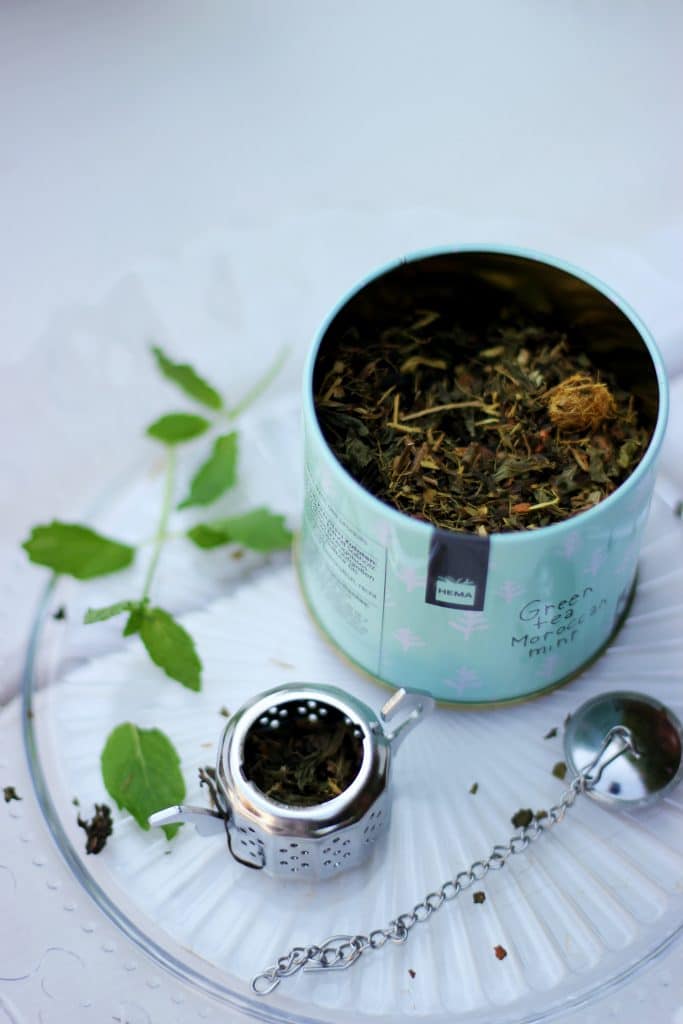Is peppermint tea good for cough? What benefits does it have?
Peppermint tea is made from mint leaves. This plant is very easy to grow even at home and is therefore popular to use in several home remedies. Mint leaves contain menthol, menthol, lemon extract and antioxidants.
The tea was also used for medicinal purposes in Ancient Greek, Roman and Ancient Egyptian cultures. It is also widely used now in mint flavor, toothpaste, shaving foam, chewing gum, breath refreshing, sugar and oil.
Due to its refreshing taste, mint is used in cakes, cookies, sugar-free products and energy drinks, as well as ice cream and chocolate.
Benefits of Peppermint Tea:
Many articles online about peppermint tea’s benefits are not based on published studies. But of course, this doesn’t mean that peppermint tea has no benefits, it just shows that scientists don’t have studies to verify all the supposed benefits.
According to the National Health Organization, research on peppermint leaves is insufficient. Most research on peppermint is backed by research on peppermint oil.
1. Mint Tea Eliminates Bad Breath
The strong, mentholated flavor and antibacterial quality of peppermint tea is the ideal way to cleanse your breath. The antibacterial element kills germs that may cause halitosis (bad breath), while menthol in tea suppresses bad odor and leaves your breath fresh and clean.
2. Peppermint Tea May Support the Immune System
Peppermint tea may have antibacterial properties that counteract bacteria that cause illnesses such as fever, cough, and the common cold. Drinking this delicious tea will not only help you treat the symptoms of the disease but also can prevent your body from getting sick.
3. Peppermint Tea Can Support Mental Development
It seems that peppermint tea is not good only for your taste. It is also for your body and mind. There is research that peppermint tea improves brain function by stimulating you mentally and improving memory retrieval.
Many people find it useful for exams and study because of its attention and memory-boosting effects. In addition to consuming mint as food or tea, the mint bath can act as a natural stress reliever.
4. Peppermint Tea Can Help Treat Headaches
For some people with headaches, painkillers are surprisingly unnecessary. You could be one of these lucky people. If you experience headaches again, you can try using fresh or dried peppermint leaves instead of aspirin or other painkillers.
After sipping a glass of peppermint tea, you may find that your pain improves without any side effects or unnecessary medication. Peppermint tea is often effective in stopping headaches caused by stress or wrong diets.
This headache typically restricts blood vessels in the brain and causes intense pain.
Peppermint tea, which is thought to be effective in pain relief, can stop headaches by relaxing blood vessels in the brain. Interestingly, even the aroma of mint can help with headaches and colds.
What Are The Other Health Benefits Of Mint Tea?

Peppermint tea for cough. What are the benefits of peppermint?
- There is some evidence that peppermint is good for stomach spasms and general stomach diseases
- Mint consumption can increase your energy
- It has been seen in some women that peppermint tea is good for menstrual pain
- It has been shown to reduce allergy and asthma symptoms
- It has been observed that consumption of mint reduces respiratory problems by healing the sinuses
- Peppermint can help your mind get away from stress because of the menthol it contains
- Peppermint tea can have a healing effect on chronic pain
- Peppermint tea may relieve coughing
- It can be effective in treating some acne (such as psoriasis and some skin rashes) and arthritis when applied topically
- It can encourage the digestive system to burn fat
- It can heal the gallbladder and help break up gallstones (Although gallstones break down, a kidney stone and gallstones should be removed with doctor’s care)
- In some studies, peppermint is the most effective natural remedy to treat the disease known as Irritable Bowel Syndrome
Side Effects of Peppermint Tea:
Although there is no proven side effect of mint tea, there are some findings that it causes nausea. However, if you are pregnant or breastfeeding, do not consume mint tea without consulting your doctor.
Peppermint for cough:

Peppermint tea for cough. It may relieve coughing.
Peppermint tea can work especially well if you have trouble breathing comfortably. Phlegm is thick mucous and causes difficulty breathing.
According to some sources, mint tea can break phlegm. If you want to maximize the effect of peppermint tea, you can add cinnamon or honey.
best home remedies for cold sore

As a nutritionist, I research, find and experiment with recipes, natural diets and meal plans for weight loss, bodybuilding, and detoxing.
